According to a New York Times article, “of 3,200 children’s books published in 2013, just 93 were about about black people.” As bad as this sounds, it gets worse when we think of diversity beyond race. In the global literary market today, children’s books featuring Africans or exploring Islam are hard to find.
This is why Alice Curry, the founder of Lantana Publishing, should be commended for developing a market around diversity children’s publishing. From titles like Looking for Lord Ganesh to Nnedi Okorafor’s Chicken in the Kitchen, Lantana Publishing lives up to its mission of providing high quality multicultural books for children.
When we read Chicken in the Kitchen, we loved it, wrote a review and then thought we should seek out Ms. Curry to know more about her amazing project. [read our review HERE if you missed it]
Enjoy!
***********
What inspired your work with Lantana Publishing?
My inspiration for founding Lantana Publishing was two-fold. On a personal level, I have spent a lot of my life scouring bookshop shelves for books set in countries and communities other than my own. When growing up, these books were windows onto the world for me, enabling me to grasp some of the underlying complexities of the world – its many peoples, cultures and religions – in a way that I found accessible and engaging. Facts and figures, however useful, have always gone in one ear and out the other, and I realised that if I felt like this, other people would too. My professional life has also put me in the way of amazing people working tirelessly to improve literacy for children in countries where books are scarce, and culturally relevant books are even scarcer, making learning – and the self-respect that comes with it – a constant battle. So both personally and professionally, I knew that I wanted to see more diverse books reach the market. When Caroline Godfrey, a former teacher whose work with children has meant that she too shares the same aspirations as I do, came on board as a fellow director, I knew that we could make this dream possible.
The problem of diversity in the children’s book industry is a truism at this point. But how bad is the situation?
It has been suggested that books for children were more diverse 10-15 years ago than they are now. This is quite a shocking admission given that our societies are more multicultural than ever before and that a plethora of social media outlets have placed the issue of diversity – of race, disability, sexual orientation, gender and so on – firmly in the public eye. I won’t go into the statistics since these have been documented elsewhere (the CCBC is a great resource), but the percentage of diverse books published each year in the US and the UK consistently fails to reflect our multicultural populations. I don’t believe that this is for want of good intentions; the rigid publishing protocols of a large, unwieldy industry with small margins mean that books that don’t fit a proven mould entail too great a risk for most publishing houses. This is where I believe the smaller independent publishers will come to the fore.
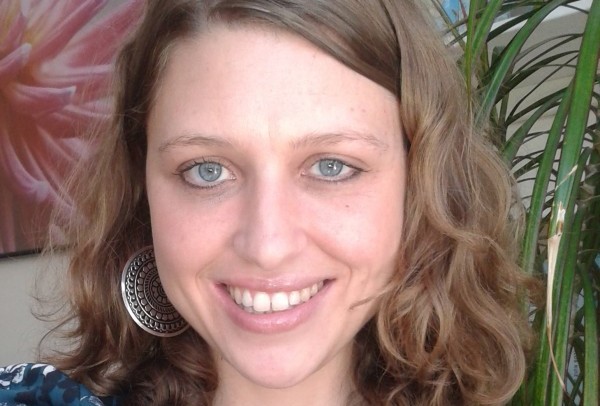
What would you say is the real value of children’s books in general? Why do we need them?
Children’s books mean so many things to so many people. For a child who is struggling at school, a good book can provide the spark that sees their literacy levels improve in leaps and bounds. For a child who is having a tough time emotionally, a good book can act as a safe place in which to find an escape and begin the healing process. For a child who is exposed to a limited cross-section of life, a book can open up the world and help them gain the valuable skills of empathy, compassion and understanding of others that are key to harmonious societies. I could think of many more examples. This is the real value of books – that their meaning is unique to each one of us.
In criticizing the idea of diversity in children’s publishing, people would often say that the importance of children seeing people like themselves in books is overrated, after all, reading is about exploring and being okay with difference? What do you think?
This is an easy point to make if you are used to seeing people like you, your family and your community in books. But if you have never been able to identify fully with any character in the books you’ve read, or been able to draw strength and encouragement from the acknowledgement that there are people like you who experience the same types of worries, set-backs, or even joys that you do, then the point becomes less compelling. I believe there needs to be both – books in which you can find a sense of self-worth and belonging, and books that take you on journeys of exploration. I think the point is that everyone should have access to both types of books; the choice shouldn’t be reserved only for privileged members of society.
How did the collaboration with Nnedi Okorafor come about?
I have always loved Nnedi’s writing. Her middle grade novels, Zahrah the Windseeker, The Shadow Speaker and Akata Witch are not only gripping and entertaining adventure stories but are some of the very few examples of books in the fantasy genre that explore culturally diverse characters and communities. They go some way to answering a question I have always felt compelled to ask: why is it that only white children get to go on adventures? I had been in touch with Nnedi briefly during my consultancy work, and my thoughts immediately turned to her when Lantana Publishing came into being. I asked her for her thoughts on my new venture and whether she might lend her support, and she did better than that – she sent me a manuscript!
Chicken in the Kitchen is West African-inspired. It tells the story of a little Igbo girl’s run-in with a masquerade. The story is brilliant both in concept and in execution. How did you strike a balance between very localized content and global appeal?
Firstly, thank you! It was a joy to work with both Nnedi and Mehdokht Amini (the illustrator) on a book that weaves such a fascinating West African tradition into a fun and contemporary storyline, and to make that tradition accessible to children who are most likely unfamiliar with it. The key for me was giving just enough information about Nigerian, and specifically Igbo, masquerade customs to allow children to enjoy Anyaugo’s adventures in the story (and to want to learn more!), and yet not so much that the picturebook became ‘educational’ or didactic. Thanks to Nnedi’s brilliant writing and Mehrdokht’s gorgeous illustrations, I think we managed it!

The illustration is stunning. What was it like working with Mehrdokht Amini?
Mehrdokht Amini is a fantastic Iranian illustrator who now lives in the UK. Her experiences as a cultural minority in the UK have made her incredibility sensitive to the levels of diversity we see in our own communities – of race, religion and ethnicity amongst other things – as well as throughout the world. She was wonderful to work with because she instinctively understood the potential dangers in representing – or misrepresenting – another culture, and worked closely with me to visualize Nnedi’s vision and understanding of the story. At Lantana we believe in the importance of a real partnership between our authors, illustrators and editors, with each reflecting together on the work as it takes shape. With Chicken in the Kitchen, we all love the end product. You can find out more about Mehrdokht here.
What’s the key to succeeding in a market as competitive as the children’s book market?
I believe that you have to publish books you love and that you think tell stories that need to be told. My own feeling is that it is only so useful to abide by established sales patterns and to choose manuscripts based on previous trends; if your book is unique, it may be the trend-setter of tomorrow. And always remember that you are aiming to reach an individual child, not a faceless consumer. The image of a mixed-race child, or a child growing up between two cultures – the one they were born into and the one their parents remember – or even a child of a dominant culture with an especially inquisitive mind – all of these images inspire my work with Lantana and inform our unique and unusual books.
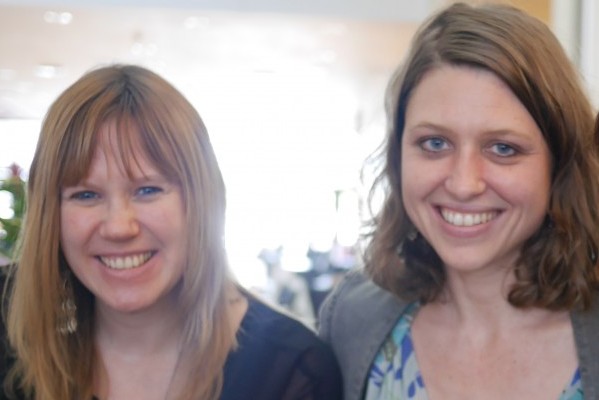
How can one avoid the danger of ghettoizing the market such that certain books are marketed on the basis of their diversity value alone?
This is a hugely important point. Diverse books are often pigeonholed by virtue of their diversity – placed in themed book packs, segregated from mainstream books, given their own section in bookshops. The desire to call attention to a book’s diversity is not at all a negative intention but it does mean that diverse books are perceived as ‘different’ and perhaps best suited to certain members of the community and not others. In literary festivals, diverse authors are often asked to talk about diversity, instead of just their books. Our aim at Lantana is to counter this desire to segregate – to move diversity from the margins to the mainstream. The day that diversity ceases to be a ‘theme’ and instead becomes a mainstay is the day that we – and others working in this field – can congratulate ourselves on a job well done.
Thanks to Curry for the interview. In case you were wondering, the folks at Lantana have all the titles in stock, so click here to buy.


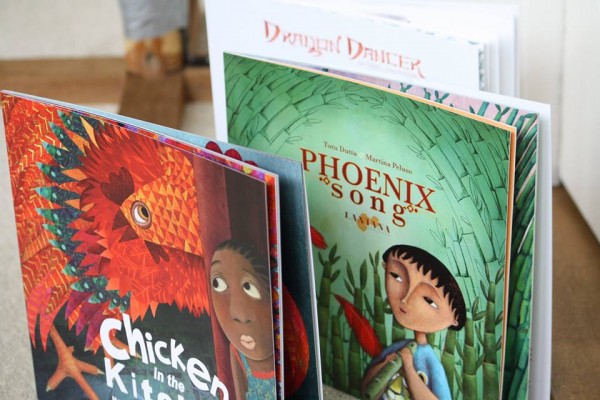
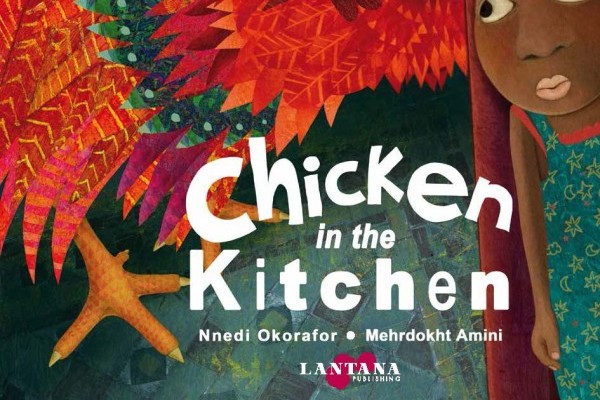




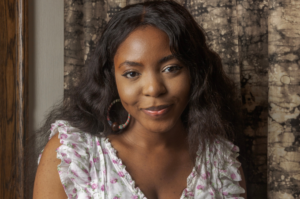



Catherine Onyemelukwe October 21, 2015 06:45
Thanks for this interview, Ainehi. I will send your post to friends who are involved with the "We Need Diverse Books" initiative. I would guess that Alice and Lantana are too. I often speak about Igbo masquerades when I give presentations on my memoir Nigeria Revisited My Life and Loves Abroad. I will include mention of the book now when possible. And I just wrote a piece on masquerades and am wondering where to publish it. Any suggestions?